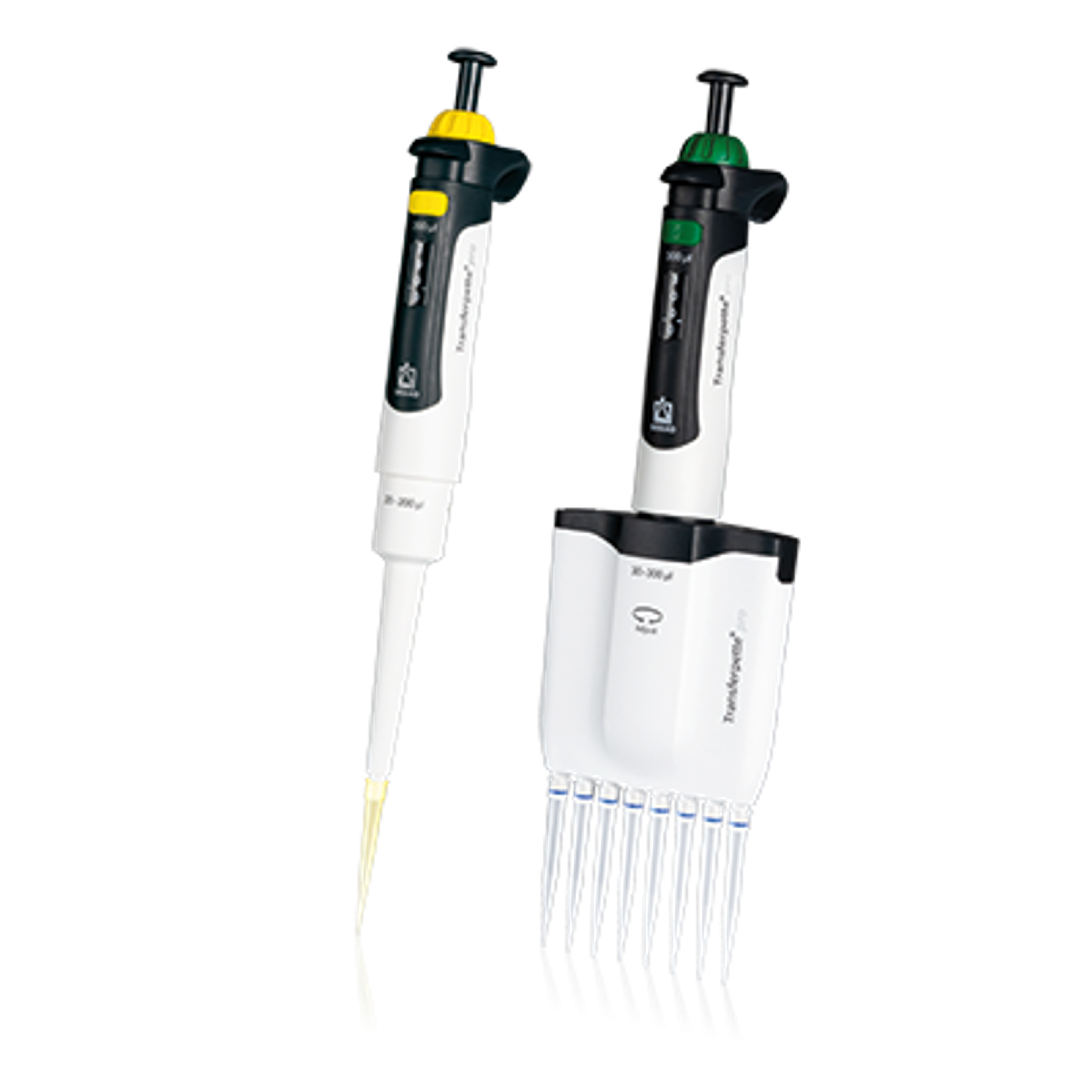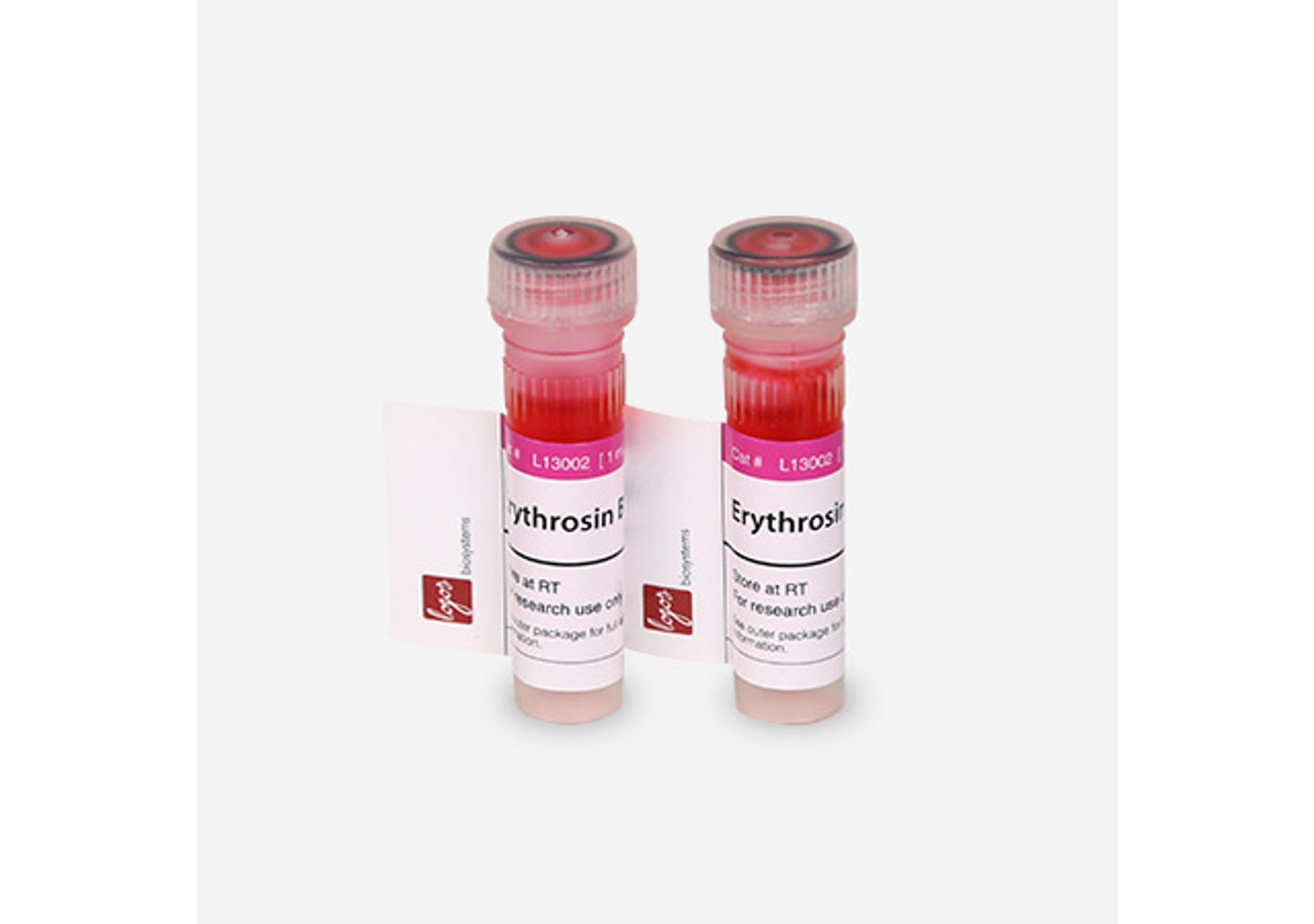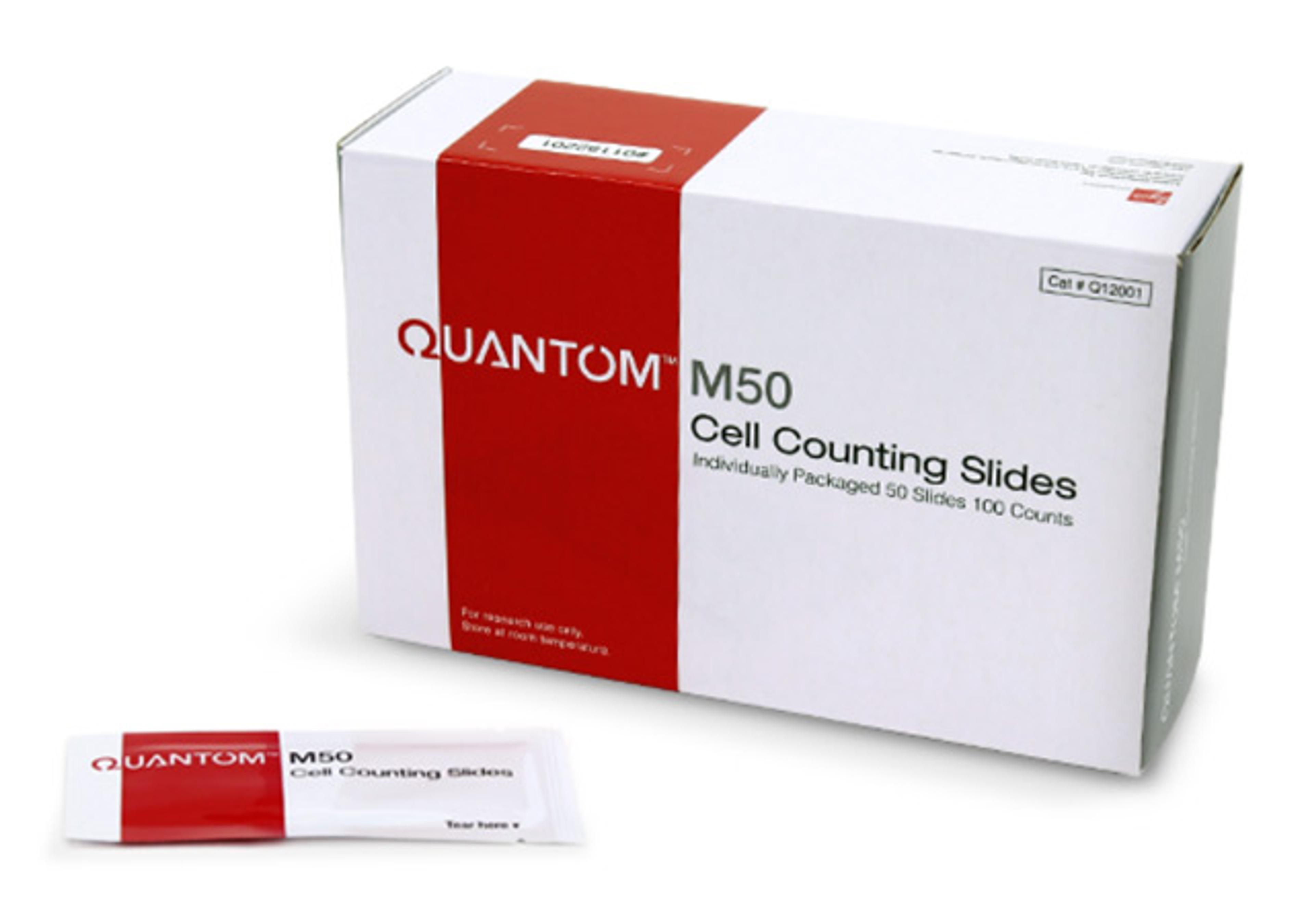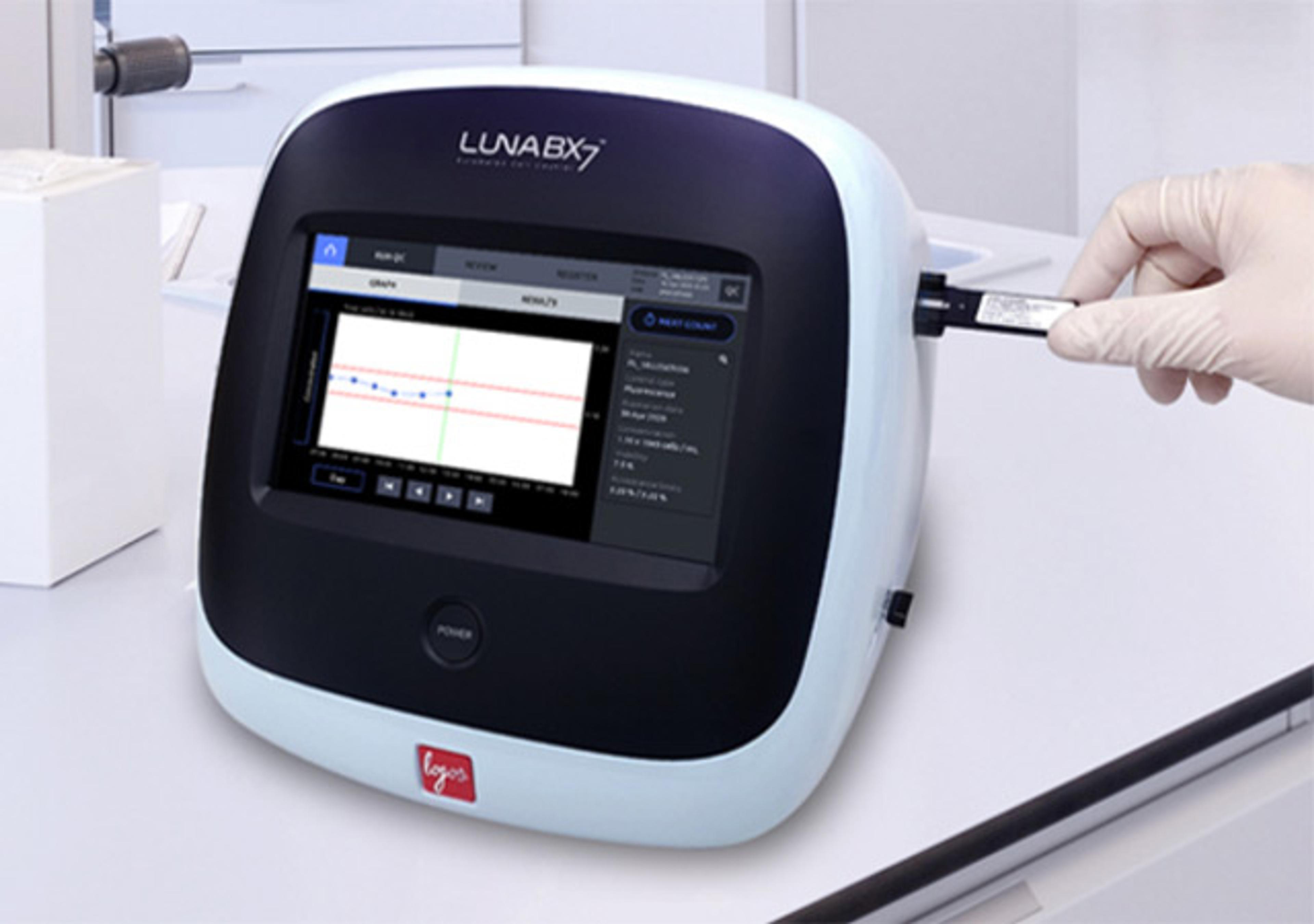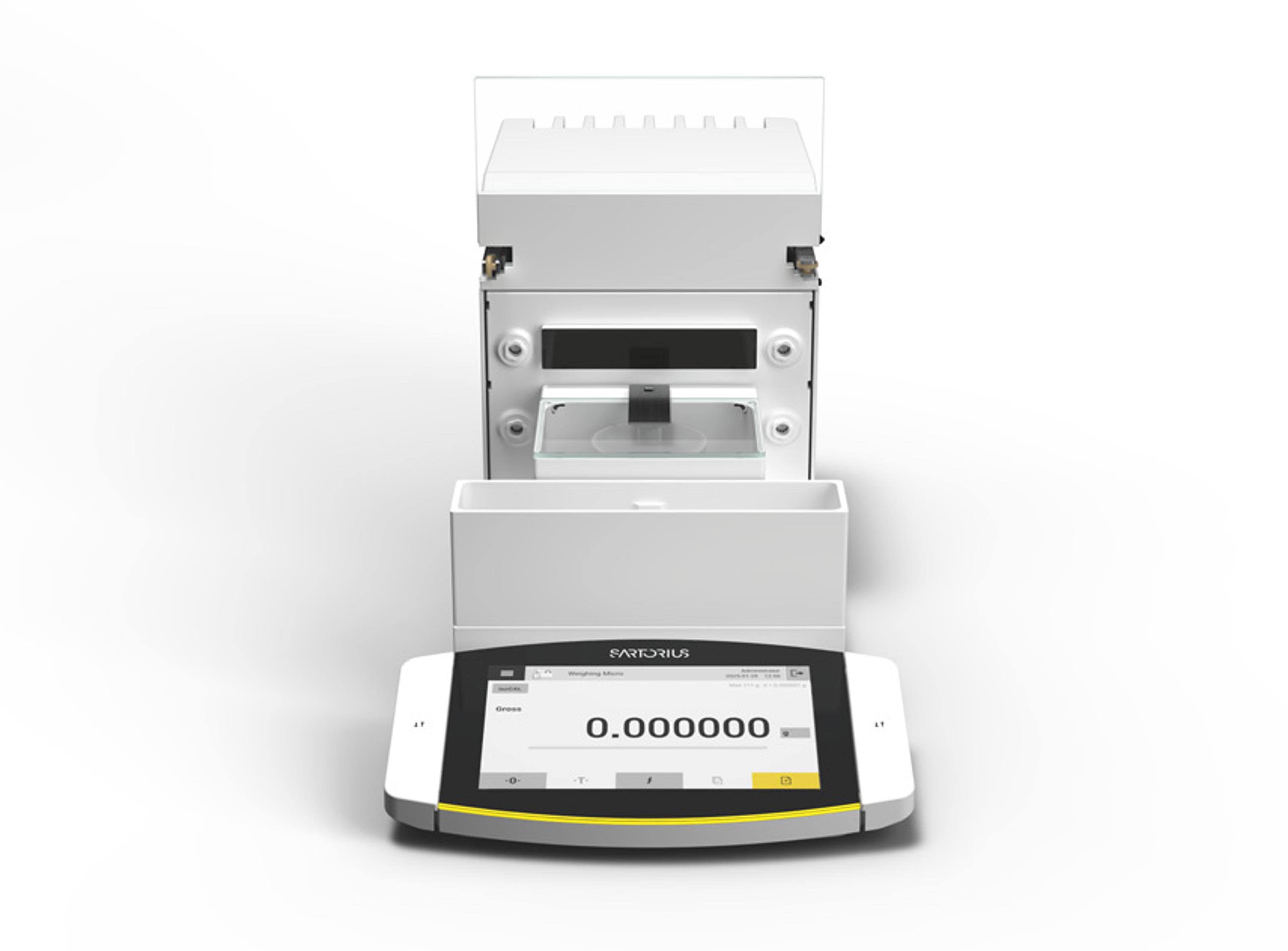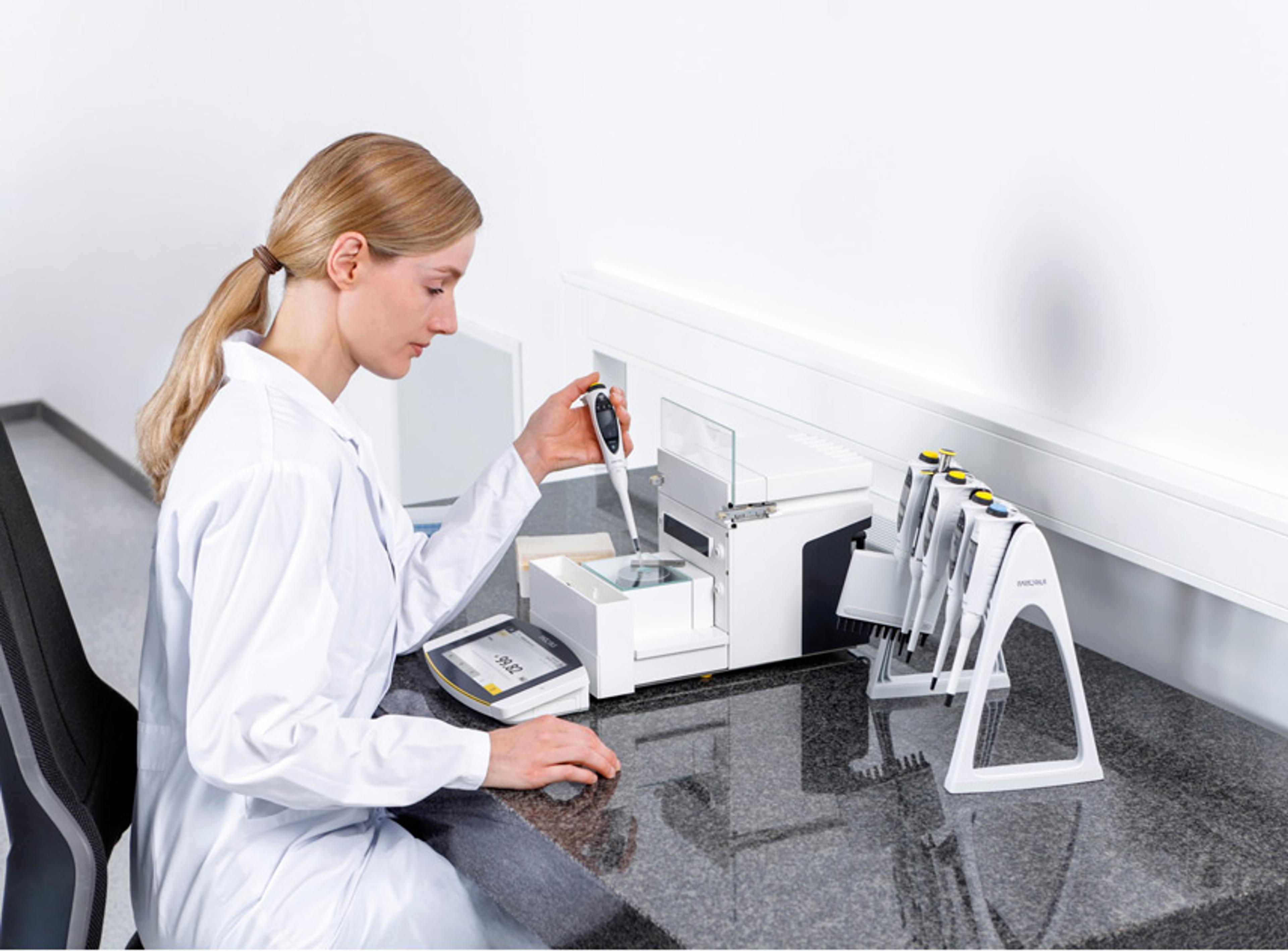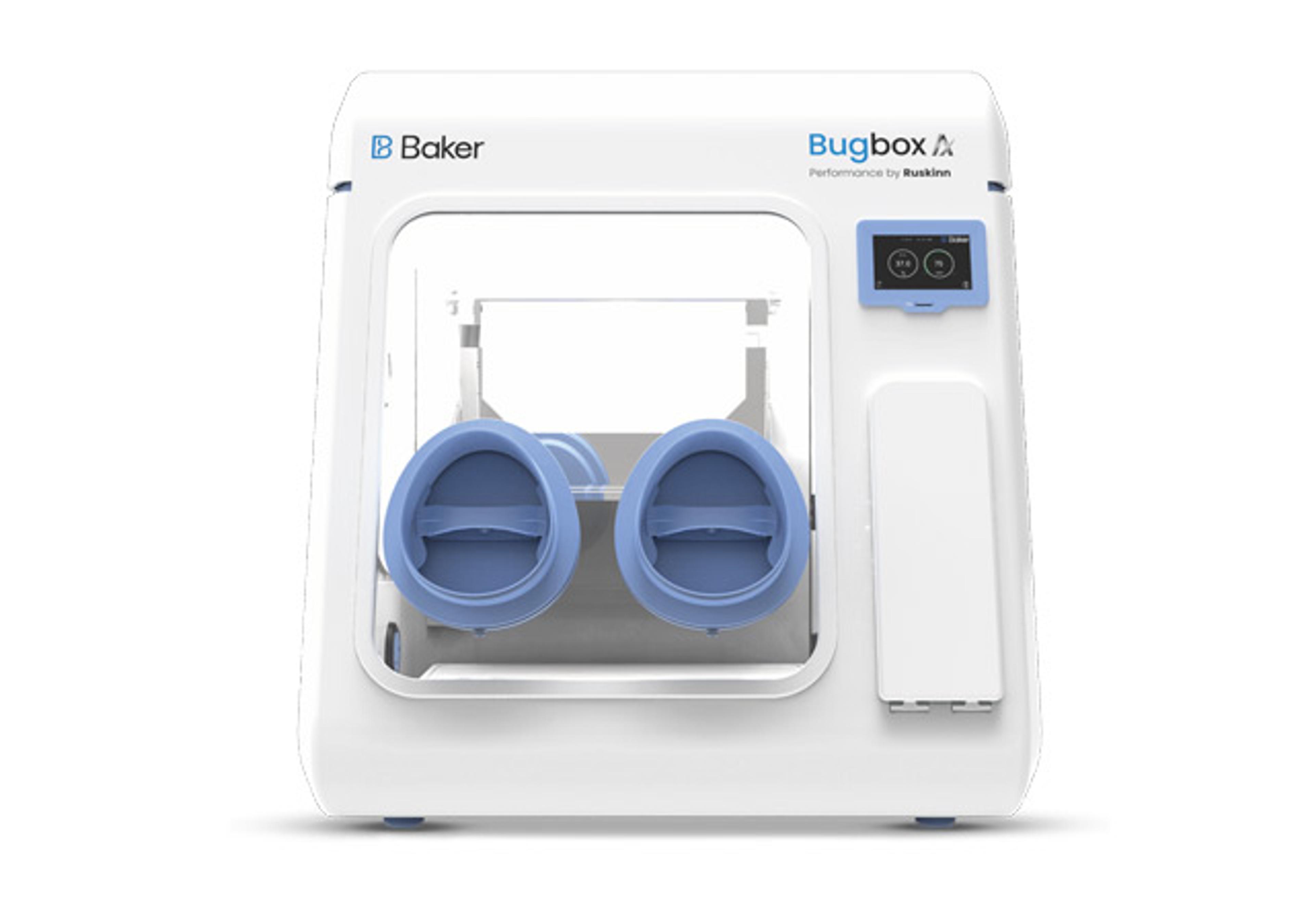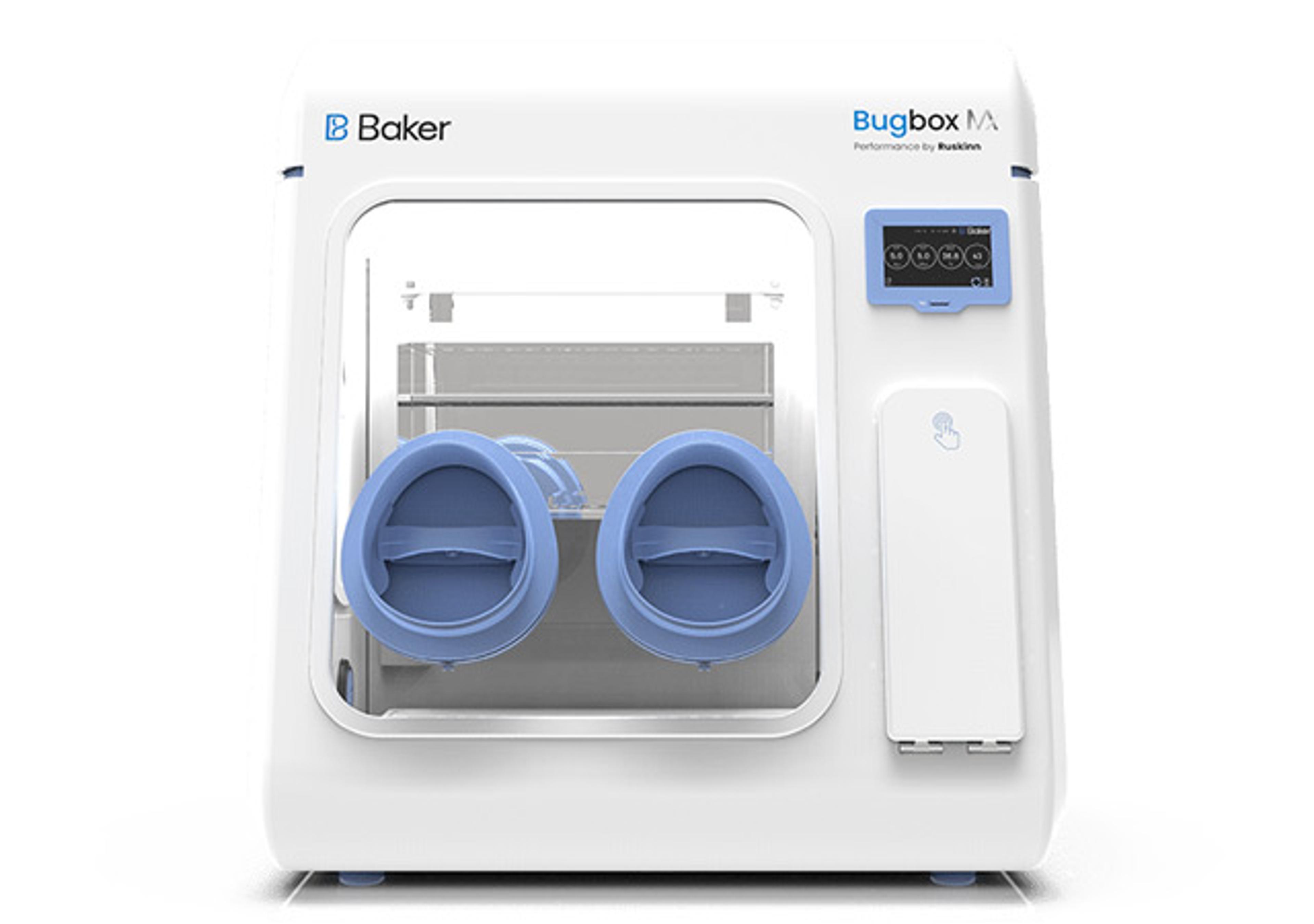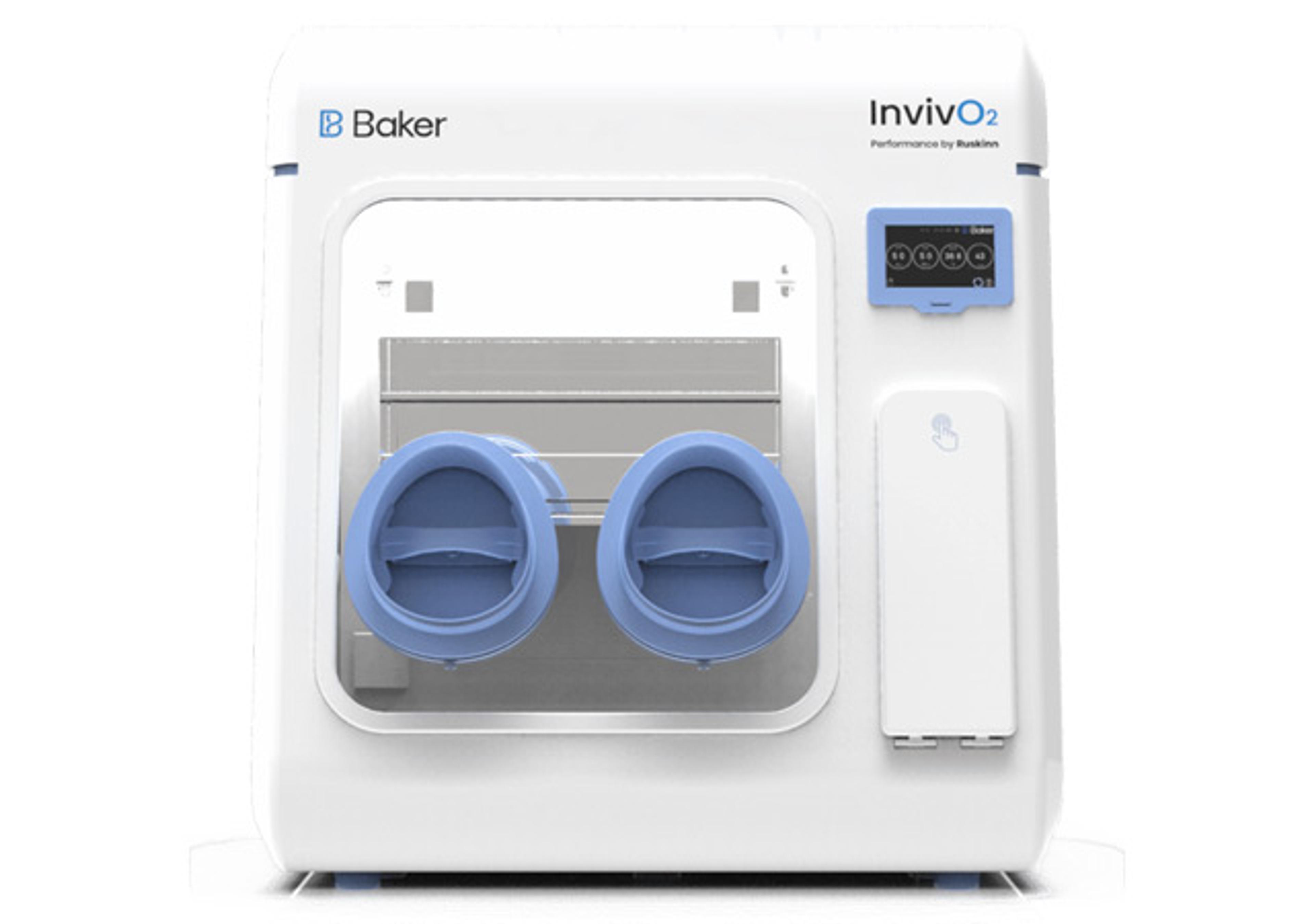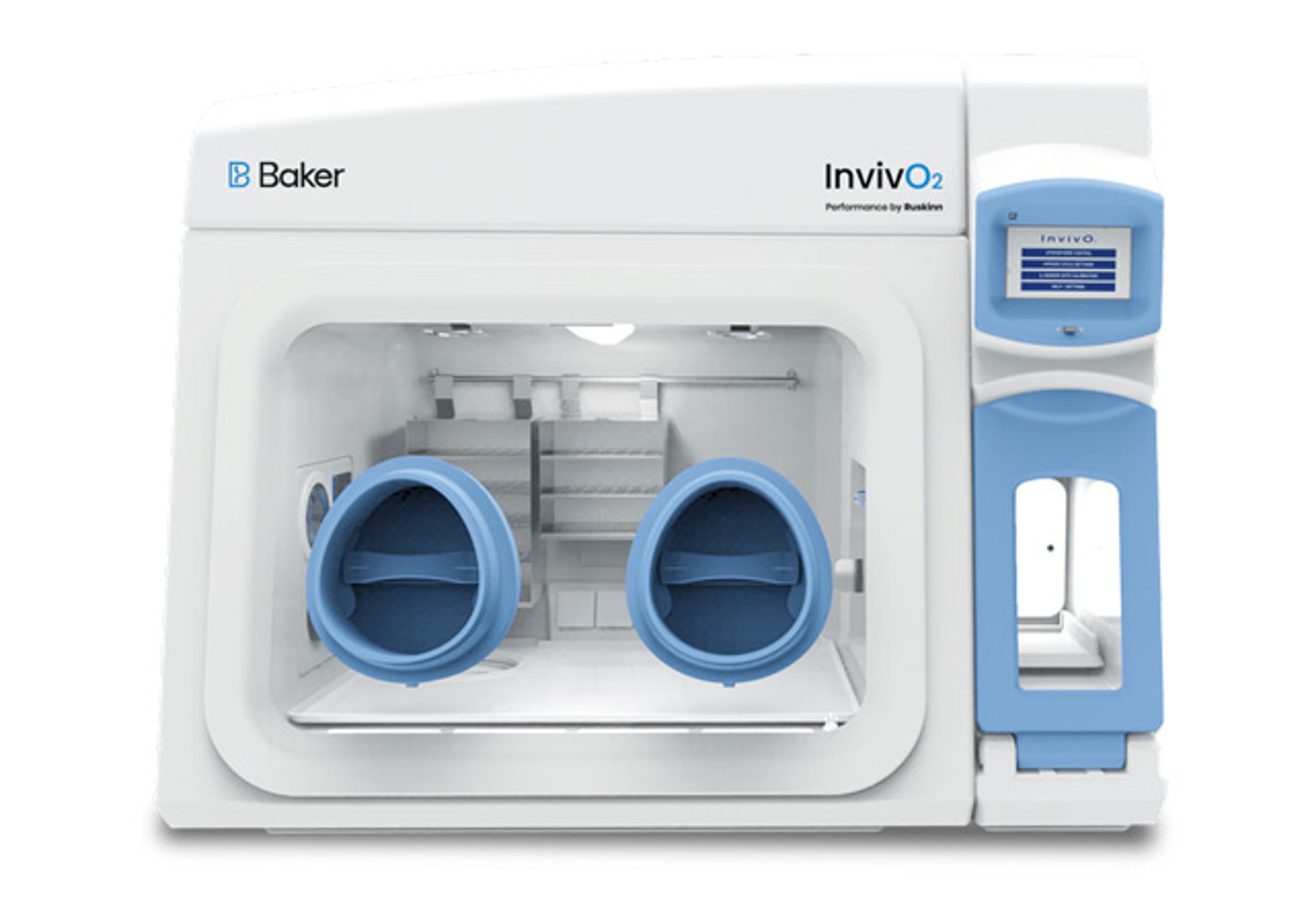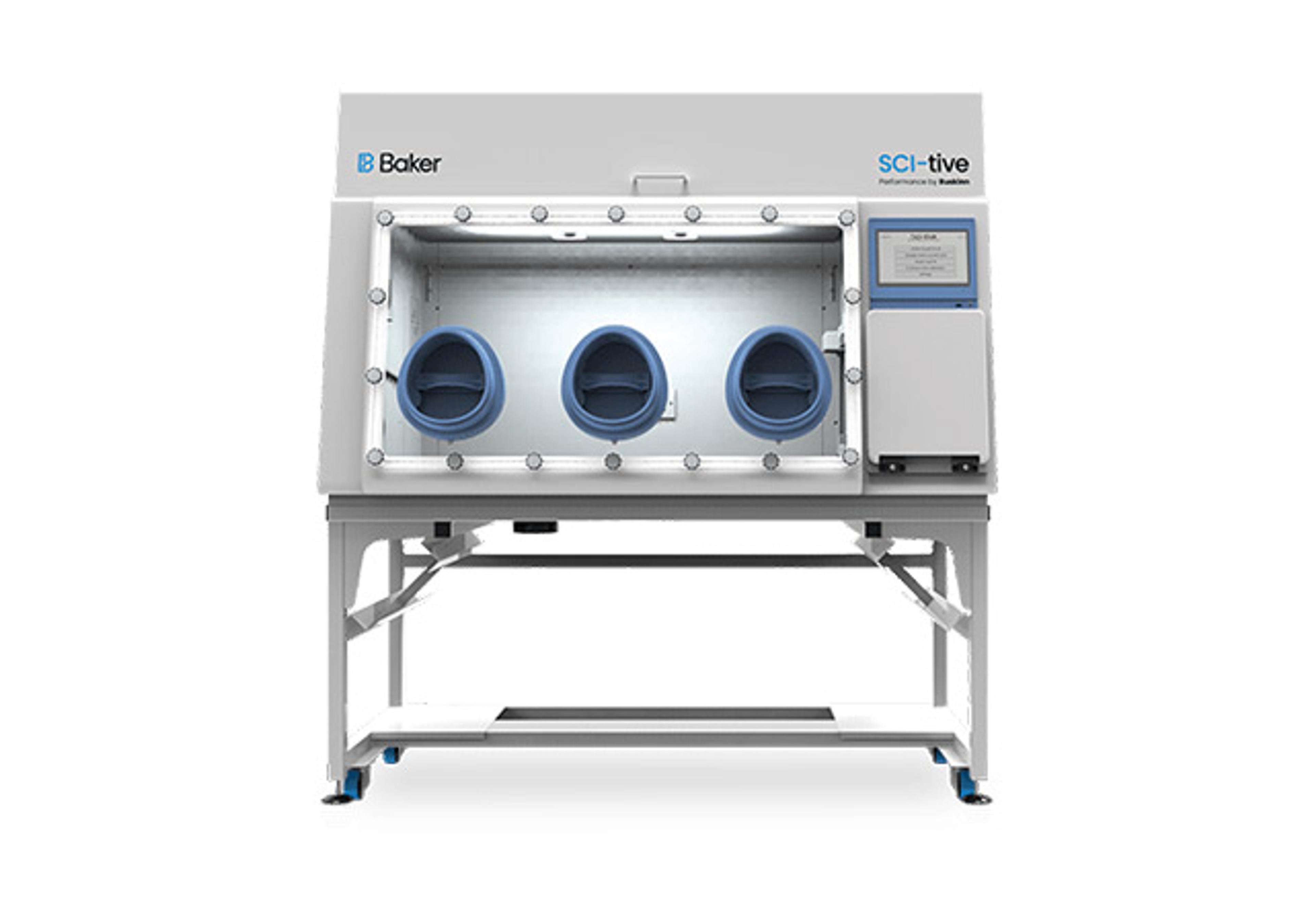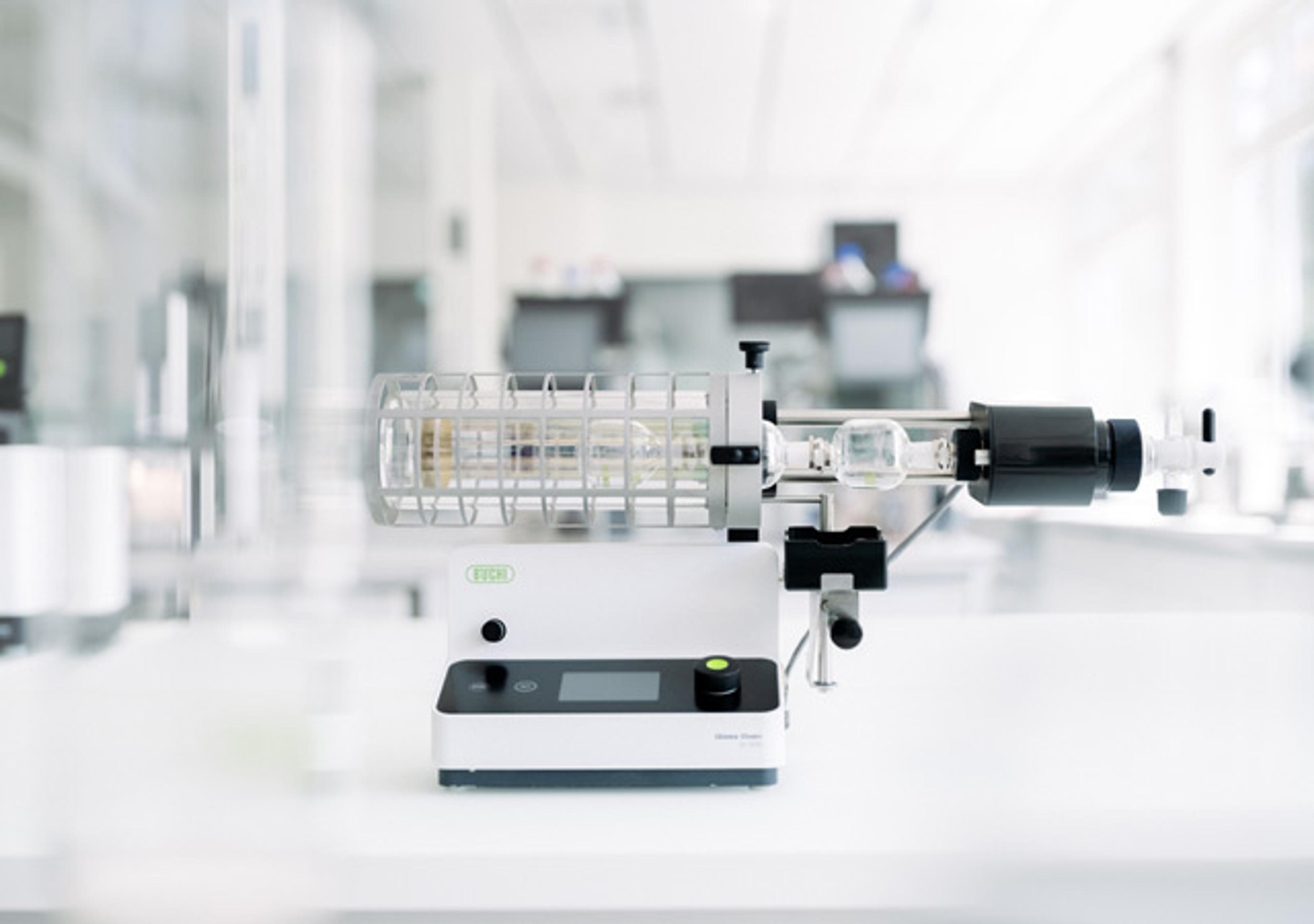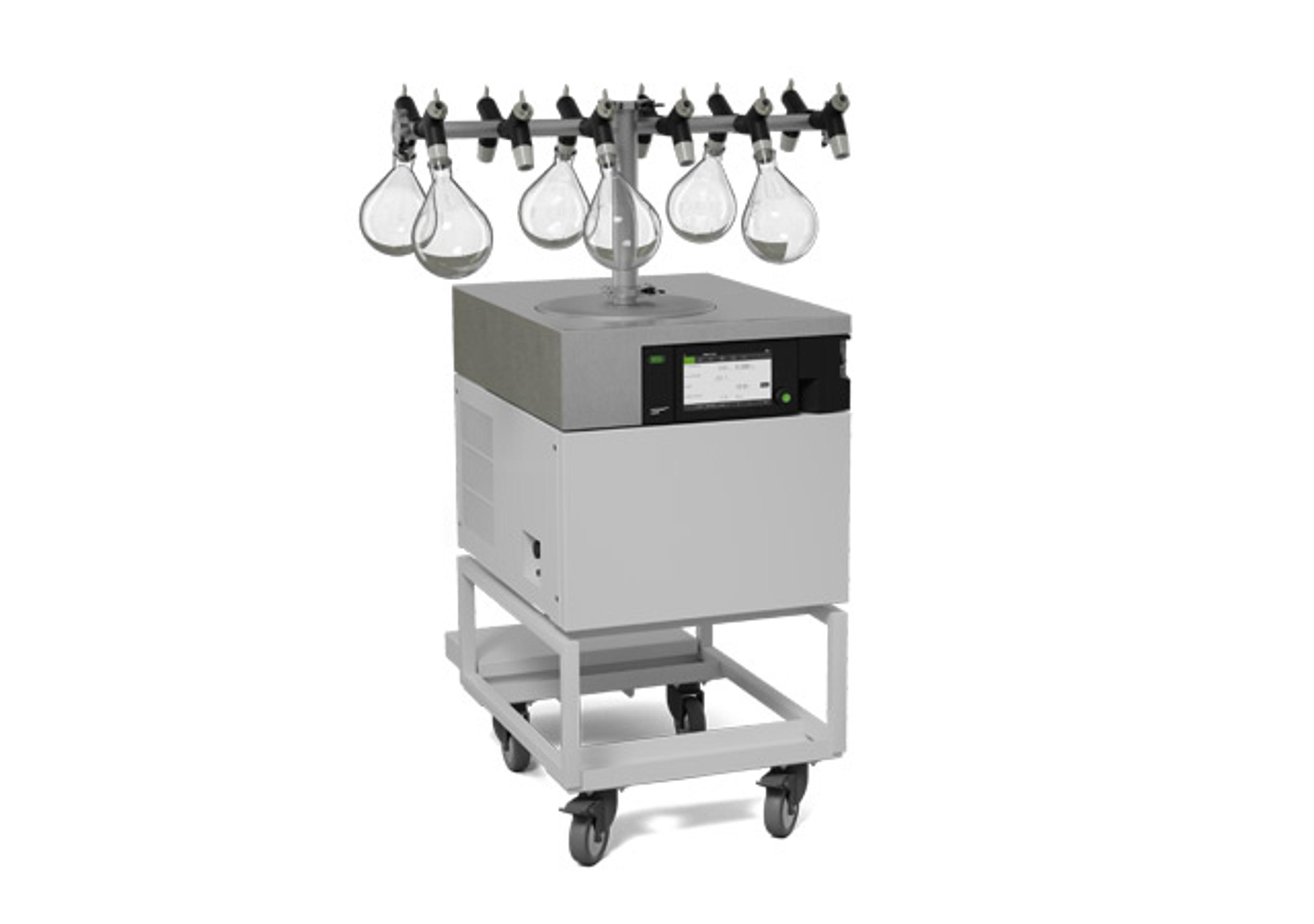Sperm Ab Haemagglutination Tests
With the Sperm Antibody Haemagglutination Test the titer of sperm antibodies is detected in human serum.Antibodies directed against spermatozoa antigens may cause infertility in women or men. The application of the Spermatozoa Antibody Haemagglutination Test is recommended for the diagnosis of immunologically caused disorders of fertility. Unwanted childlessness is a growing problem with which up to 20% of all couples in the r…

The supplier does not provide quotations for this product through SelectScience. You can search for similar products in our Product Directory.
With the Sperm Antibody Haemagglutination Test the titer of sperm antibodies is detected in human serum.Antibodies directed against spermatozoa antigens may cause infertility in women or men. The application of the Spermatozoa Antibody Haemagglutination Test is recommended for the diagnosis of immunologically caused disorders of fertility. Unwanted childlessness is a growing problem with which up to 20% of all couples in the reproductive age areconfronted temporarily or long-term. In 20% of these cases the presence of anti-spermatozoa antibodies in the male or the female patient is detectable (Lahteenmaki A et al: Hum Reprod (1995) 10, 2824-28; Nagy ZP et al: Hum Reprod (1995) 10, 1775-80). The definition of infertility according to the WHO (WHO Laboratory Manual for the Examination of Human Semen and Semen Cervical-Mucus Interaction, 1999) is the absence of a conception within 12 months of unprotected intercourse. The main cause of an immunological fertility disorder is the formation of antibodies directed against spermatozoa antigens. Anti-spermatozoa antibodies exert heterogeneous effects on the ability of spermatozoa to fertilize. The inhibiting effect of anti-spermatozoa antibodies on the motility of spermatozoa by binding to their surface and by agglutinating processes is well-known (Zouari R et al: Fertil Steril (1993) 59, 606-12). The penetration of the spermatozoa into the cervical mucus is impaired by the presence of anti-spermatozoa antibodies in the seminal plasma and/or in the cervical mucus (Eggert-Kruse W et al: Hum Reprod (1993) 8, 1025-31). Anti-spermatozoa antibodies negatively influence the capacitation and the acrosome reaction ofspermatozoa and thereby impede the interaction of the spermatozoa with the oocyte (Francavilla F et al: Front Biosci (1999): 1;4:9-25; Bohring C et al.: Hum Reprod (2001) 7:113-8). The interaction of the spermatozoon with the oocyte and the subsequent binding to and penetration of the zona pellucida may be inhibited by anti-spermatozoa antibodies. The following fusion of the oocyte and a spermatozoon may also be impaired by the presence of anti-spermatozoa antibodies (Mazumdar S et al.: Fertil Steril (1998) 70, 799-810; Kutteh WH: Hum Reprod, (1999) 14, 2426-9). According to Crosignani et al. (Crosignani et al.: PG et al.: Hum Reprod (1998) 13, 2025-32) the rate of pregnancies in couples with anti-spermatozoa antibodies on the part of the man or the woman are 38% lower compared to the control groups. Furthermore an influence on the implantation and on the early embryological development could be confirmed. An association of anti-spermatozoa antibodies and miscarriages is discussed. The frequency of anti-spermatozoa antibodies in infertile couples amounts to 20% (Lahteenmaki A et al.: Hum Reprod (1995) 10, 2824-28; Nagy ZP et al.: Hum Reprod (1995) 10, 1775-80). Anti-spermatozoa antibodies may occur dissolved in the ejaculate or bound to the surface of spermatozoa. Antispermatozoa antibodies may be found in men and in women (Clarke GN et al.: Am J Reprod Immunol Microbiol (1985) 7, 143-7). In women anti-spermatozoa antibodies may be found in cervical mucus, oviduct liquid and follicular liquid. Men having more than 50% of their spermatozoa coated with anti-spermatozoa antibodies show a conspicuously reduced rate of fertility (Abshagen K et al.: Fertil Steril (1998) 70, 355-6).The Sperm Antibody Haemagglutination Test can be applied in the clinical practice for the diagnosis immunologically caused infertility in men and in women.The test is based on the haemagglutination test principle using sensitised red blood cells (sSRBC) of sheep as target antigen. Antibodies in the samples agglutinate with sSRBC within 90 minutes.



